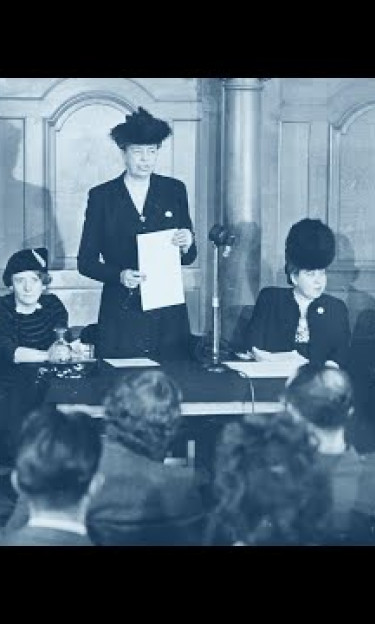
International Day of Women in Multilateralism
On 23 November 2021, UNESCO’s General Conference adopted Resolution 41 C/57 declaring 25th January as the International Day of Women in Multilateralism. The purpose of this Day is to recognize the essential role played by women in the promotion of human rights, peace and sustainable development within the multilateral system.
The International Day of Women in Multilateralism advocates for increased representation of women in key decision-making positions that shape and implement multilateral agendas and for ensuring that multilateralism works for women and girls through gender transformative actions and agreements. It also provides a global platform for an intergenerational dialogue between women leaders within the multilateral system and a new generation of women as future leaders in global governance.


Celebrations in 2023
The 2023 edition of UNESCO’s International Day of Women in Multilateralism examined the pressing global issue of social media content governance to counter gendered disinformation and make recommendations to mainstream gender equality in UNESCO’s guidance on regulating digital platforms. An intergenerational dialogue was also organized bringing together young professionals and UNESCO Ambassadors who are champions of its Global Priority Gender Equality, with a view to contributing to the global reflection launched by the United Nations Secretary-General on the future of multilateralism.
Did you know?
On 14 May 1946, as a finale to their last meeting at Hunter College, the Sub-commission on the Status of Women hold a press conference in the delegates lounge of the gym building. From left to right are: Ms Angela Jurdak, Lebanon; Ms Fryderyka Kalinowski, Poland; Ms Bodgil Begtrup, Denmark and Chairman of the committee; Ms Minerva Bernardino, Dominican Republic; and Ms Hansa Mehta, India.
7 days later, on 21 June 1946, the Sub-commission on the Status of Women formally became the Commission on the Status of Women (CSW), a full- fledged Commission dedicated to ensuring women’s equality and to promoting women’s rights.
Photo Credit: UN Photo | Photo Number (NICA): 224320

Learn more
Women have been playing a crucial role in global governance since the drafting and signing of the United Nations Charter in 1945. Historians remind us of several remarkable women without whom this groundbreaking Charter would not have been as inclusive as we know it. Watch here a UN video featuring women leaders, including Eleanor Roosevelt, who played an instrumental role in drafting the Universal Declaration of Human Rights.
Watch here a UN video featuring women leaders, including Eleanor Roosevelt, who played an instrumental role in drafting the Universal Declaration of Human Rights.




